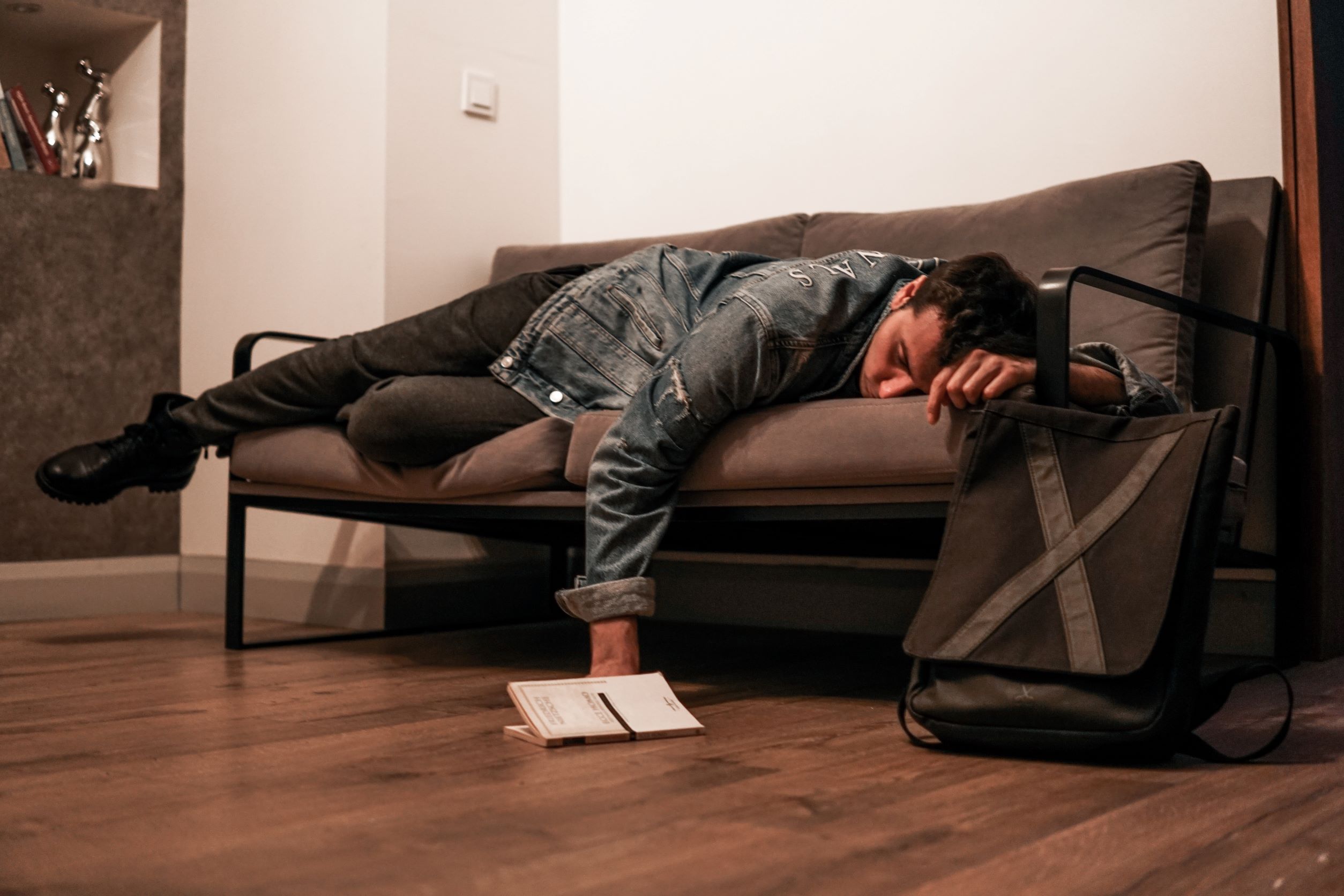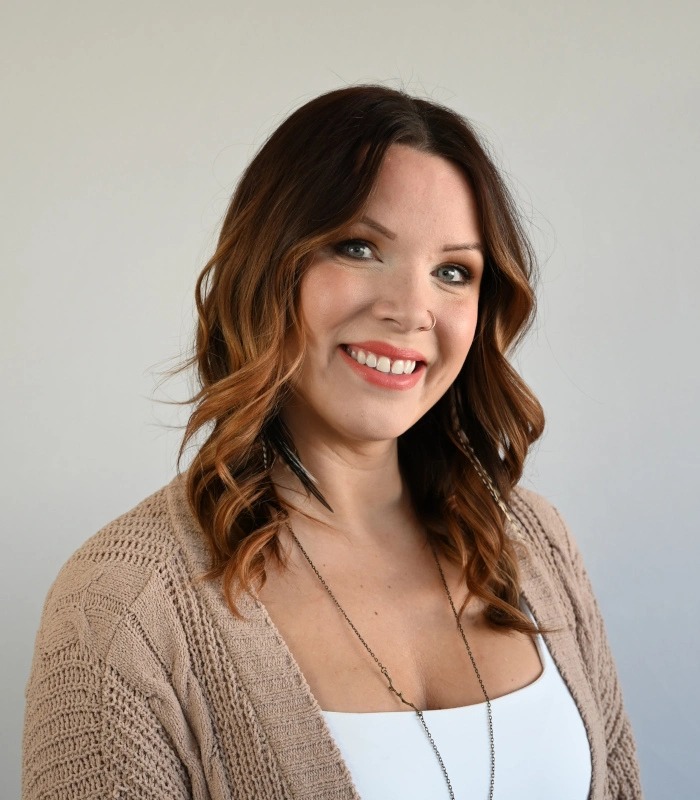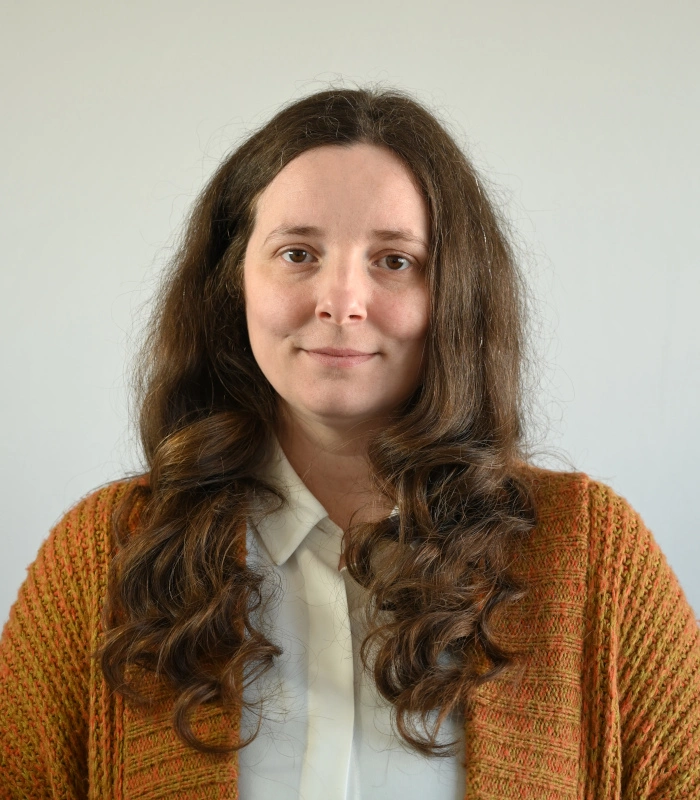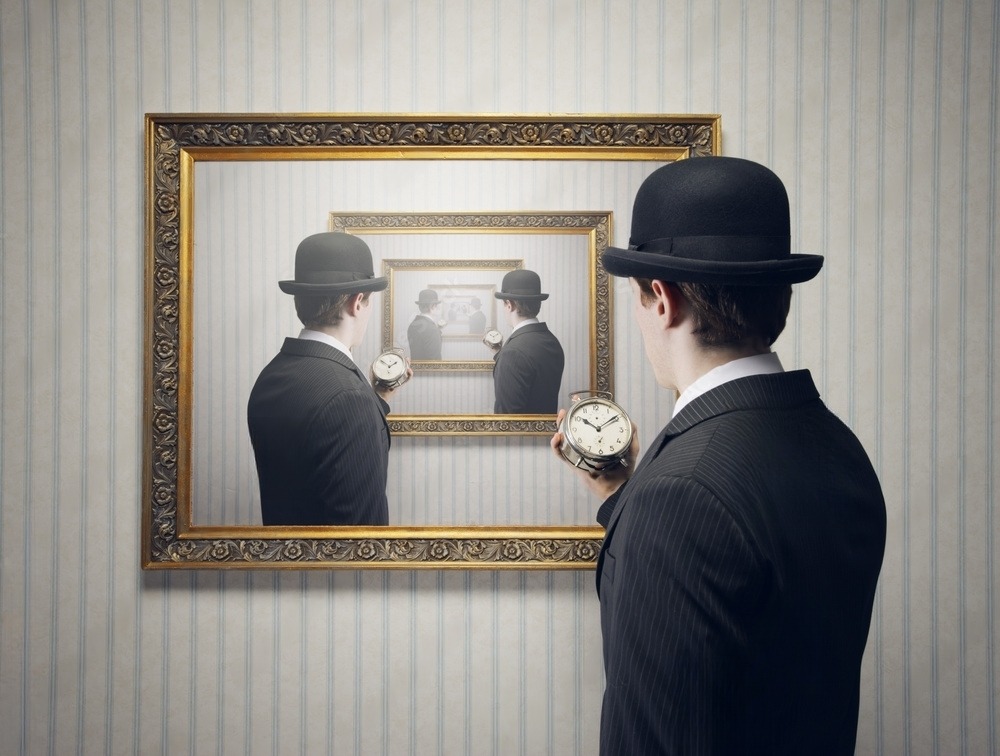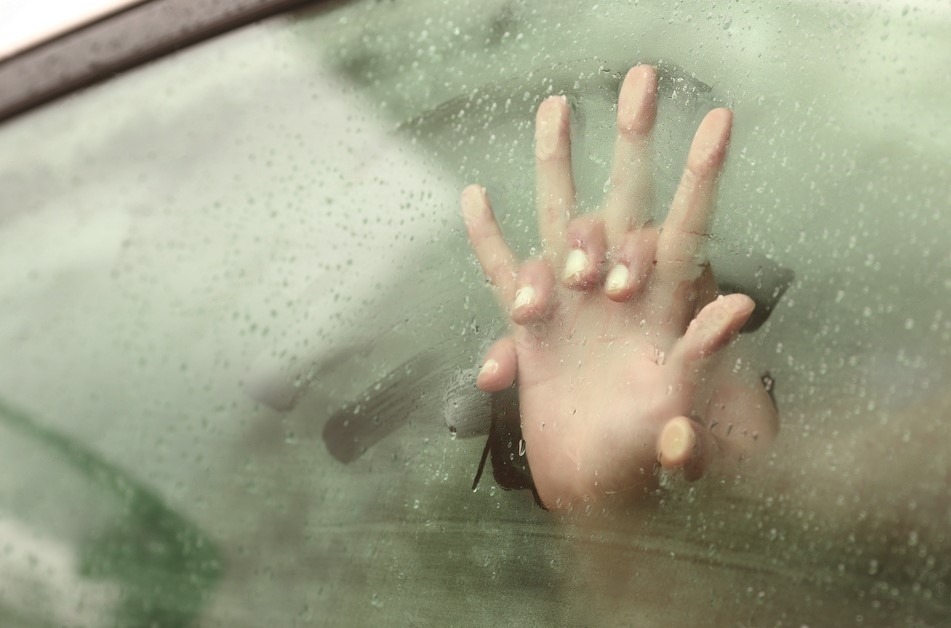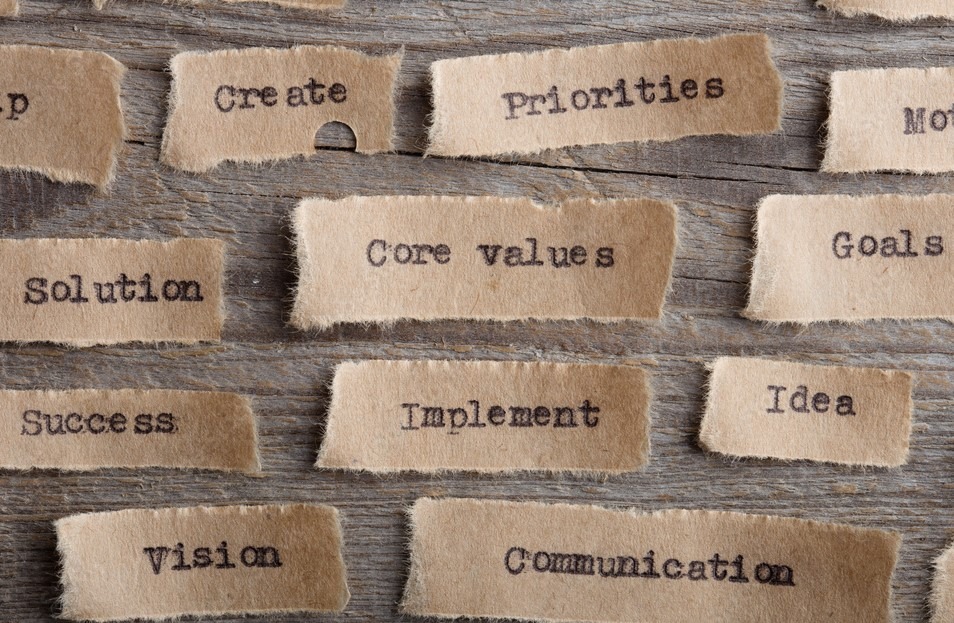In times of stress, a good night’s sleep is often the first to go. You may find yourself tossing and turning, unable to turn off your brain. Other times, it’s as if your mind and body can’t stay asleep for more than an hour or two at a time.
When our mind and bodies are tired, our tolerance for day-to-day challenges is impacted. It may seem like such a simple fix, but sleep really is of utmost importance to our mental and physical well-being.
Chronic sleep loss can result in an increased risk of Alzheimer’s disease, cancer, diabetes, depression, obesity, hypertension, and cardiovascular disease. It cannot be stressed enough just how important sleep is to one’s wellbeing.
A Sleep Agent
From the moment we open our eyes in the morning, a chemical called adenosine gradually builds up in our body. As the levels continue rising, a major side effect is sleepiness. The more adenosine in our bodies, the stronger the desire to sleep. This longing is highest after approximately 12-16 hours of being awake (Walker, 2017). In order to maintain one’s mental and cognitive abilities, 7 hours of sleep per night is the absolute minimum that should be strived for. According to Walker (2017), our minds will begin to fail after being awake for 16 hours. If we are awake for longer than this, our body will start experiencing negative physical and mental impacts.
A Coffee A Day May Keep The Sleep Away
With the constant demands of everyday life, one way that humans often attempt to curb sleepiness is with caffeine. Who doesn’t love a big cup of coffee in the morning!? Although it can feel like the elixir of life, caffeine is the most used psychostimulant in the world. It attempts to halt the exhaustion caused by the growing levels of adenosine. Although it helps to feel more awake for a short time, Walker (2017) describes it perfectly: consuming caffeine to stay awake is like “sticking your fingers in your ears to shut out a sound” (p. 28). Sure, it tricks your mind into thinking the sound (or in this case, the sleepiness) isn’t present, but in reality, it still exists. Even as the caffeine makes it seem like we are awake, the adenosine continues to build up. This is what causes the crash that most people experience after consuming caffeine.
Although the effects of caffeine peak 30 minutes after usage, 50% of the caffeine content is still present up to 7 hours afterwards. This means if you have an afternoon cup of coffee at 3pm to get through that afternoon energy dip, it’s still present in your body when you crawl into bed at 10pm that evening.
Why Is Sleep Important?
Sleep is super important for our memory, promoting our ability to retrieve pieces of knowledge with ease. It helps with our ability to learn and concentrate. Sleep deficiency (even a small amount!) greatly hinders our ability to concentrate (Walker, 2017).
If an individual has been sleep deprived for so long, they may not recognize how tired they are. The level of forgetting/loss of concentration seems normal, so it may be attributed to the individual’s personal norm. In reality, the downfalls are the result of a serious lack of adequate rest. This can go on for years and years, without the individual even recognizing that there is a problem. It’s common for individuals to believe that they can get by on 6 hours of sleep a night. However, these individuals have simply created a new baseline for themselves, with a foundation of impaired abilities that they may not even be aware of (Walker 2017). When sleep deprived, one cannot fully understand how exhausted one is.
Sweet Dreams Are Made Of These (Tips)
At times, bad sleep can result from unhealthy sleep hygiene. Here are some helpful tips:
- Create a schedule. Implementing a regular sleep and awake time can be helpful in relaying to your brain the times of day that it “should” be asleep and awake.
- Create a calming bedtime routine. This can be helpful to signal to your mind that sleep is coming. Perhaps it’s having a warm bath, a cup of tea (decaf), then reading a chapter or two of a novel. If you follow bedtime routine, your brain will be more aware that sleep comes after these activities.
- No screen time 30-60 minutes before lights out! The blue light from screens can trick your brain into thinking it’s still daytime, therefore not time to rest. The light can also impact levels of melatonin, a hormone associated with sleep.
- If you find yourself tossing and turning in bed for more than 20-30 minutes, get up and do something else, rather than opting to scroll through social media. Your mind should attach your bed to only 2 things- sleep and sex. It’s best to do all other activities elsewhere.
- If you can’t stop the seemingly never-ending stream of thoughts going through your head, it can be helpful to jot down some of the thoughts down. This will signal to your mind that bedtime is not the right time to work through these concerns, but they have been recorded for working through at another time.
- Avoid late night snacking. I get it! It can be hard to avoid a yummy treat while enjoying some down time before bed. However, digesting can keep your body up at night, resulting in a fitful sleep.
SATED Sleep Questionnaire
If you spend day after day counting down the minutes until you can go to bed, there’s a good chance that you aren’t getting the sleep quality or quantity that you need. The Sated Sleep Questionnaire is a short and sweet method to assess your current sleep quality.
The SATED scale focuses on 5 aspects of sleep that researchers have found to be most consistently connected to quality. These factors include Satisfaction; Alertness during waking hours; Timing of sleep; Sleep Efficiency; and Duration. Although the scale is brief to complete, it provides a helpful snapshot of information, relaying to the test taker just how healthy their current sleep is.
If your score on this questionnaire is less than optimal, or you recognize other aspects of your life being impacted by current stressors, have no fear! A psychologist can help to shift unhelpful patterns. Contact us at Unstuck to book your Risk Free Consultation, and we can get started 😊
Melissa Schmode-Kristoff, Registered Provisional Psychologist
References
Walker, M. (2017). Why we sleep. Penguin Books.
